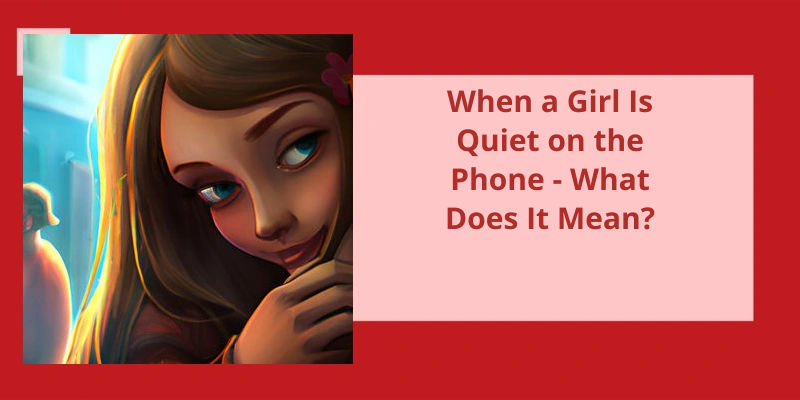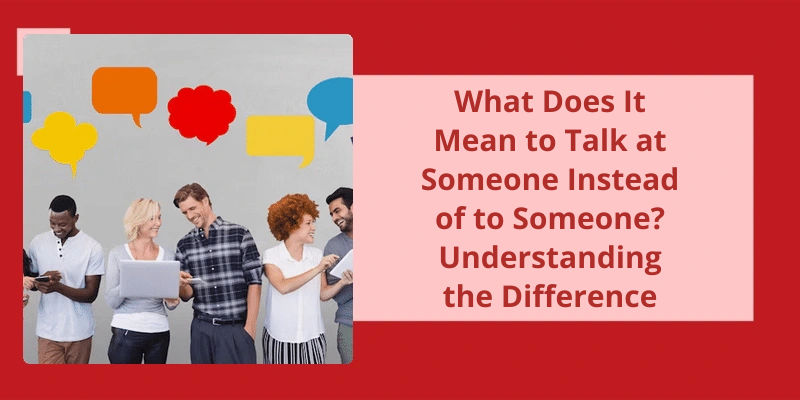It’s a dilemma that many individuals in relationships or pursuing romantic interests have grappled with: are good morning texts clingy? In principle, there’s nothing wrong with sending a thoughtful message to kickstart someone's day or bid them a sweet goodnight. In fact, these gestures can be endearing and serve as a powerful reminder that you’re thinking about the person in question. However, as with all things in life, moderation is key. Too many good morning texts can quickly become dull and robotic, losing their genuine charm and becoming an expected routine rather than a heartfelt gesture. So, it’s important to strike a balance between showing your affection through these texts and ensuring that they don’t come across as excessive or clingy.
Are Morning Texts Good?
Not everyone feels the same way, however. The other 47% of respondents expressed their aversion towards morning texts, deeming them clingy or unnecessary. They argue that these messages serve no real purpose and can even be irritating for early risers who prefer to start their day in solitude.
The debate surrounding morning texts is often a reflection of ones personal preferences and relationship dynamics. For some individuals, receiving a thoughtful message to kickstart their day can be a sweet gesture, symbolizing a partners willingness to show affection and care. It can create a sense of intimacy and connection, especially in long-distance relationships or during periods of physical separation.
Ultimately, whether morning texts are good or not depends on the individuals involved in the relationship. It’s essential to communicate and understand each others preferences and boundaries. Some couples may find joy and comfort in exchanging morning texts, while others may opt for alternative forms of connection and appreciation. The key is to prioritize open and honest communication to ensure that both partners feel respected and valued in their relationship.
Good morning texts have become a popular way of expressing interest and establishing a deeper connection with someone. While this gesture may not hold the same significance for everyone, it often signals that the person sending it’s invested and interested in taking the relationship to the next level. So, what do morning texts really mean? Let’s delve into this intriguing topic.
Do Morning Texts Mean Anything?
Good morning texts have become somewhat of a modern-day signifier of interest and affection. When a guy sends you a good morning text, it’s often a subtle yet significant gesture that indicates his feelings for you. It implies that hes thinking about you first thing in the morning and wants to start the day off on a positive note by reaching out to you.
Furthermore, sending a good morning text suggests that you’ve already established a level of rapport and connection with this person. It’s unlikely that someone would send such a message to someone they just met or have a casual acquaintance with. It suggests that you’ve already gone beyond the initial stages of getting to know each other and are potentially moving towards a more serious romantic connection.
Many people find themselves caught in the trap of texting someone everyday, feeling that it’s a way to maintain connection and show interest. However, the truth is that this constant texting can often lead to codependency and a lack of fulfillment in the relationship. This issue is more common than one might expect, as many individuals struggle to find the balance between healthy communication and excessive reliance on constant messaging.
Is Texting Someone Everyday Too Much?
Many people feel the need to constantly be in contact with their romantic partners, especially through texting. The excitement and thrill of a new relationship can easily lead to a desire to communicate constantly. However, this constant texting style isn’t sustainable in the long run. It can lead to burnout and can also hinder the growth of the relationship. It’s important to have some space and time for yourself, as well as maintaining healthy boundaries within the relationship.
Texting someone every day may seem harmless, and it can be enjoyable in the beginning stages of a relationship. However, it’s important to evaluate whether this constant communication is based on genuine interest or if it’s stemming from codependency. Constant texting can be a sign of needing constant reassurance and validation, rather than a genuine desire to connect with the other person.
While occasional good morning texts or daily check-ins can be sweet and appreciated, bombarding someone with messages throughout the day can come across as clingy or intrusive. It’s important to be mindful of the other persons boundaries and needs. Respect their need for independence and personal space, and allow them to respond to your messages at their own pace.
It’s crucial to maintain healthy boundaries, avoid codependency, and allow space for personal growth within the relationship.
The Potential Consequences of Over-Reliance on Texting as a Form of Communication
- Missed opportunities for face-to-face communication and personal connection
- Decreased ability to read and interpret non-verbal cues and emotions
- Inability to effectively convey tone and intention through text alone
- Increased potential for miscommunication and misunderstandings
- Dependency on technology for communication, leading to social disconnection
- Reduced attention span and ability to engage in deep, meaningful conversations
- Impaired development of communication and social skills
- Potential negative impact on mental health and well-being due to decreased interpersonal interaction
- Loss of empathy and connection with others
- Inability to fully express complex thoughts and emotions through text alone
Excessive texting, frequent calls, constant demands for information, and compulsive checking of messages are all telltale signs of clingy texting behavior. When someone bombards another person with an overwhelming number of messages at once or repeatedly calls them throughout the day, it can be seen as clingy. Additionally, constantly asking for updates on someone’s whereabouts or consistently checking for text replies demonstrates a level of neediness that may be deemed as overly clingy.
What Is Considered Clingy Texting?
When it comes to texting, there’s a fine line between being attentive and being clingy. Clingy texting is often characterized by excessive messaging. It’s when you send multiple text messages back-to-back without allowing the other person to reply or without giving them enough time to respond. This behavior can make the other person feel overwhelmed and suffocated.
Another behavior that can be seen as clingy is calling someone several times a day. While it’s important to maintain regular communication with your loved ones, constantly bombarding them with phone calls can be seen as intrusive. It’s essential to respect their personal space and understand that they might be busy or need some time alone.
Demanding to know someones whereabouts or who they’re with is another sign of clingy texting. It shows a lack of trust and can make the other person feel like they’re being interrogated. It’s important to give each other space and trust that the other person will communicate any important information voluntarily.
Compulsively checking for text messages from a friend or partner can also be considered clingy. Constantly refreshing your message inbox may indicate a sense of insecurity or a fear of missing out. It’s important to remember that people have their own lives and responsibilities, and it’s unreasonable to expect immediate responses at all times.
Ultimately, what’s considered clingy texting varies from person to person and depends on the dynamics of the relationship. It’s important to communicate openly and honestly with your partner or friends about your expectations and boundaries. Finding a healthy balance between staying connected and respecting each others space is essential for maintaining a healthy and non-clingy texting behavior.
The Consequences of Clingy Texting on a Relationship
- Increased dependence and expectation
- Loss of personal space and boundaries
- Feeling overwhelmed and suffocated
- Decreased individuality and freedom
- Lack of trust and insecurity
- Possible resentment and frustration
- Difficulty in maintaining a healthy balance
- Potential for communication breakdown
- Decreased emotional intimacy
- Potential for relationship dissatisfaction
- Increased likelihood of conflict and arguments
- Possible negative impact on mental health
Conclusion
Sending good morning texts to your partner can be a sweet and thoughtful gesture, showing them that they’re on your mind. However, it’s important to strike a balance and avoid overdoing it. Bombarding them with excessive good morning texts may come across as clingy and insincere. It’s crucial to maintain a genuine and personal touch in your messages, avoiding the repetition of generic phrases that can make them seem robotic and predictable.






